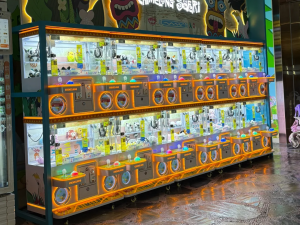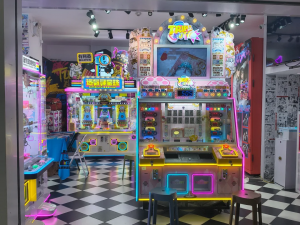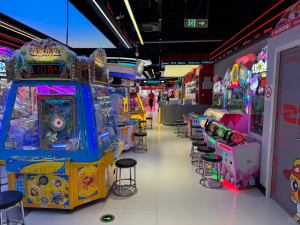Introduction
Trampoline theme parks have gained rapid popularity worldwide in recent years and have been greatly embraced by consumers. This article aims to explore the opening and operating details of trampoline theme parks to understand the industry’s development trends and business opportunities.
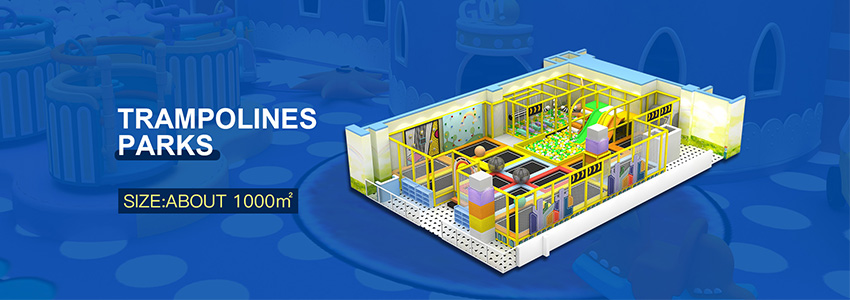
Opening Details
- Industry Trends and Market Demands
The rise of trampoline theme parks is driven by people’s increasing pursuit of health and entertainment options. Combining traditional trampoline sports with creative games, these parks offer a novel recreational experience to consumers. Market demand continues to grow, attracting more entrepreneurs and investors to enter this field. - Business Models and Investment Costs
Trampoline theme parks typically operate on two business models: independent operation or franchise chains. Independent operation involves selecting a location, managing the decoration, and running the park, entailing higher investment costs. On the other hand, franchising allows entrepreneurs to leverage brand advantages and shared management expertise, reducing startup risks. The investment costs for opening a trampoline theme park can vary depending on the location and scale, ranging from tens of thousands to millions of dollars. - Relevant Laws, Regulations, and Licenses
Opening a trampoline theme park requires compliance with relevant laws, regulations, and obtaining necessary licenses. For instance, in China, one needs to obtain a business license, safety production permit, and fire safety approval, among others. Additionally, due to the specific nature of trampoline sports, attention must be given to aspects like insurance and risk management. - Site Selection and Decoration
Site selection is a crucial factor for the successful operation of a trampoline theme park. Generally, suitable locations include commercial areas, shopping centers, or venues near entertainment facilities to attract customer flow. Moreover, park decoration should consider customer experience and safety, employing soft colors, comfortable facilities, and ensuring adequate safety measures. - Staff Recruitment and Training
Trampoline theme parks require staff such as ticket attendants, coaches, safety personnel, and customer service representatives. It is essential to ensure that employees possess the necessary knowledge and skills, particularly in safety education and first aid training. Additionally, having a good service attitude and a spirit of teamwork are also essential requirements.

Operating Details
- Attracting Customers and Increasing Footfall
To attract customers and increase footfall, trampoline theme parks can adopt various strategies. They can host themed events, offer membership discounts, organize competitions, and more. Moreover, collaborating with surrounding businesses and utilizing a combination of online and offline marketing efforts can effectively enhance visibility and appeal. - Safety Management and Risk Control
Safety is the core of trampoline theme park operation. Regular inspections of facilities, equipment maintenance, and maintaining a clean environment are essential to ensure visitors’ safety. Additionally, establishing clear usage rules, providing appropriate safety gear, and having trained safety personnel to handle emergencies are indispensable. - Innovative Activities and Amusement Projects
To provide a diverse experience, operators can continuously innovate activities and amusement projects. For instance, hosting parties and events during regular holidays or special theme days, in conjunction with introducing novel amusement projects and equipment, can sustain interest and engagement from consumers. - Revenue and Cost Management
A sound pricing strategy and effective cost management are vital for stable operation and profitability. Operators need to set reasonable prices based on market demands and competition while controlling costs to increase profit returns. Optimizing equipment usage, energy conservation, and efficient personnel and material management are essential considerations. - Customer Satisfaction and Reputation Management
Continuously improving customer satisfaction and brand reputation are critical for long-term business success. Operators can achieve this by providing high-quality service, actively listening to customer feedback for timely improvements, and actively participating in community activities to build strong customer relationships and a positive brand image.
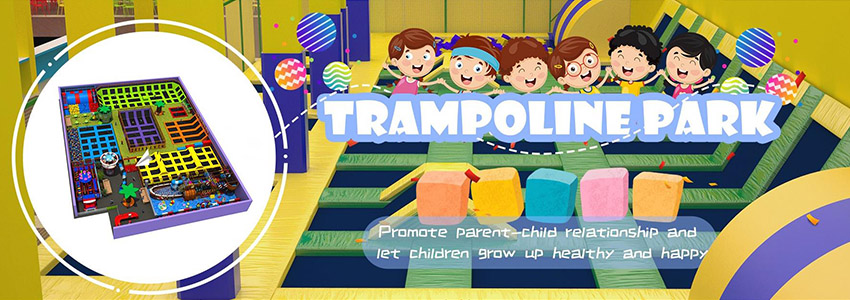
Conclusion
As an emerging form of entertainment, trampoline theme parks possess significant business potential. However, successfully opening and operating a trampoline theme park requires a comprehensive understanding of industry trends, market demands, and business models, along with a focus on safety management, innovative activities, and customer satisfaction. We hope this information provides you with insights and serves as a reference for your entrepreneurial journey in the trampoline theme park industry.


